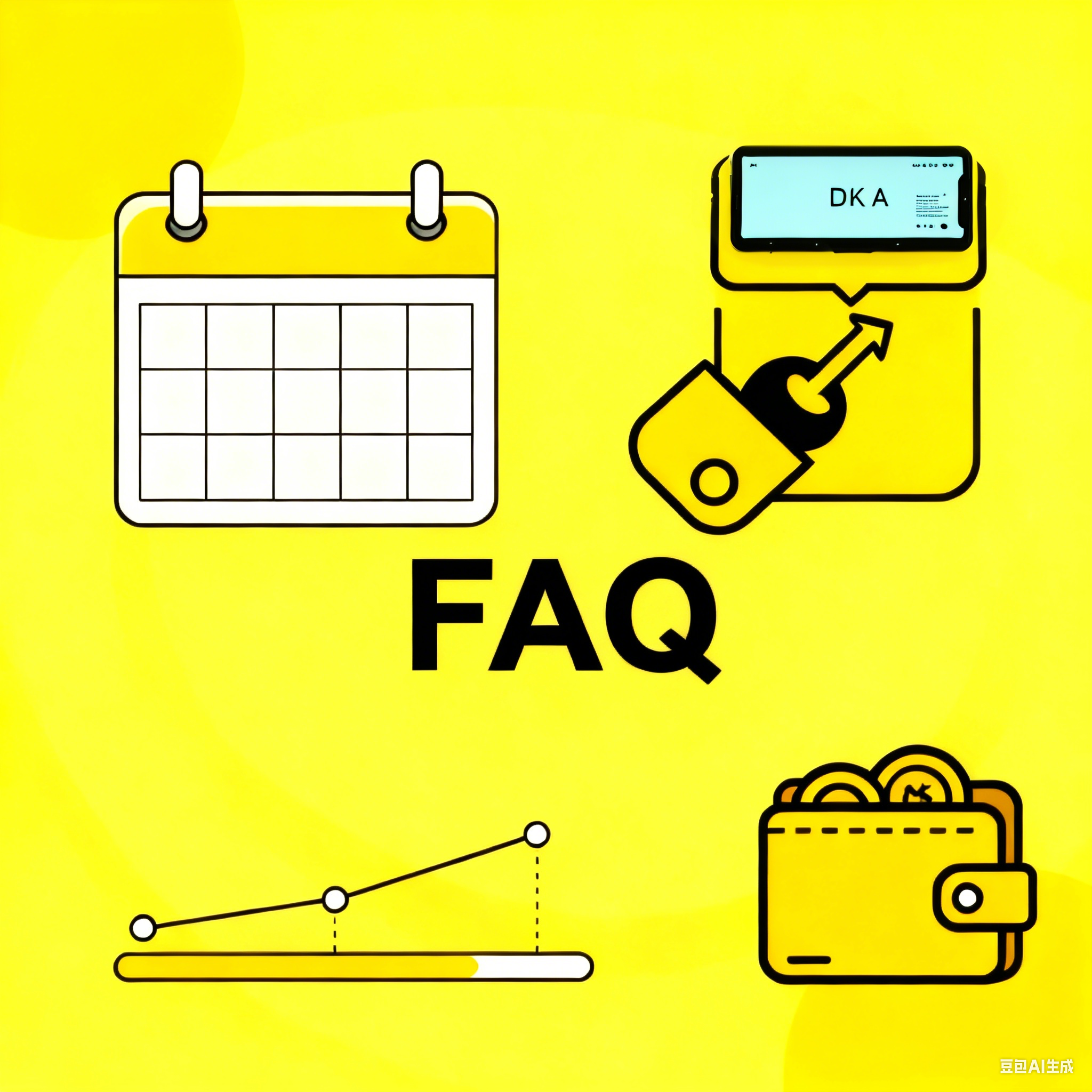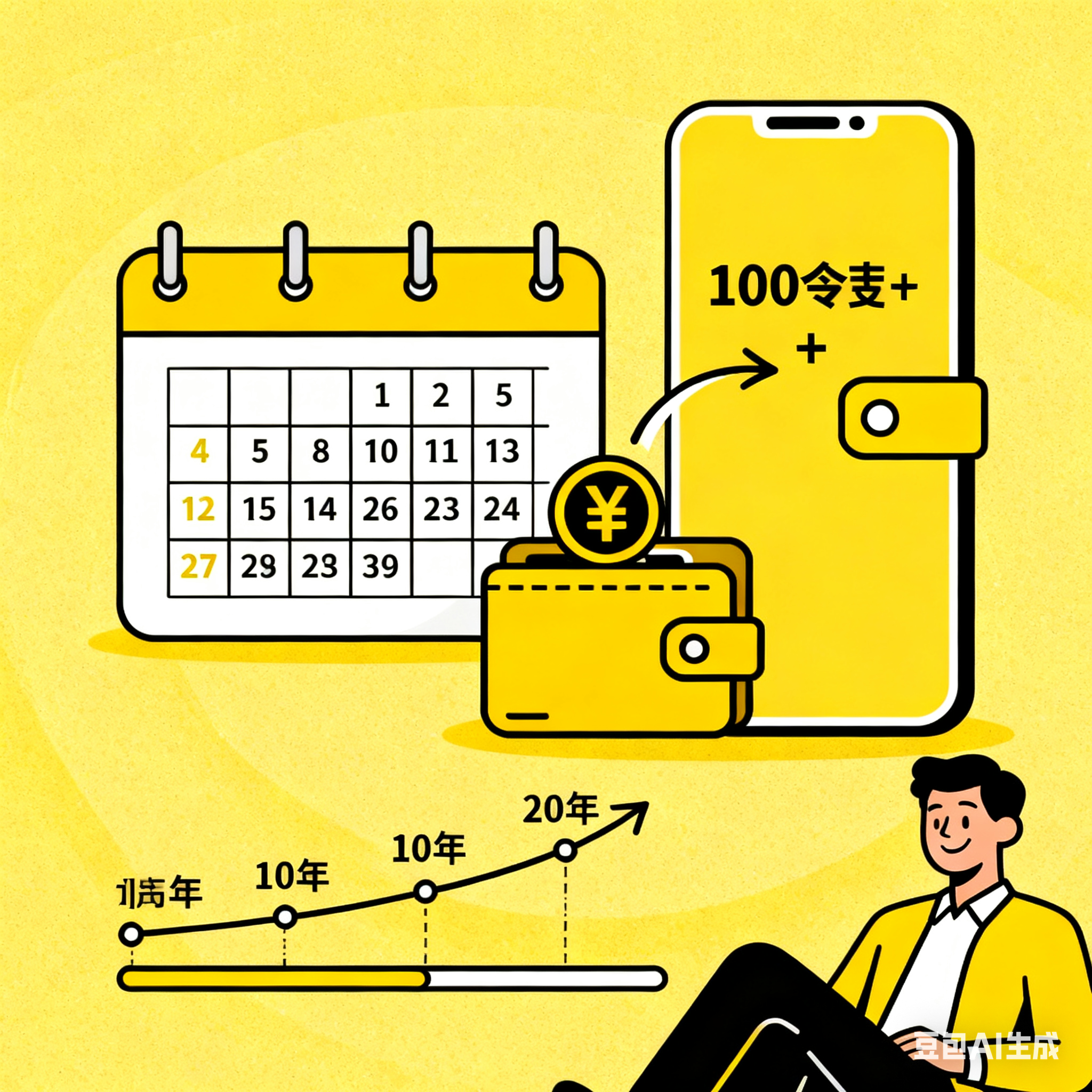Simple guide for Malaysian beginners to build long-term wealth with professional fund managers

🇲🇾 Public Mutual Unit Trust — New Investor Must Know
A simple, no-jargon guide for Malaysian beginners to start investing with professional fund managers and build long-term wealth.
Reference page:
Public Mutual Unit Trust Beginner FAQ
1) My Services & Company Background 🏢
Hi, I’m Amanda Han, a Public Mutual Unit Trust Consultant & PRS Consultant. Public Mutual is a subsidiary of Public Bank with over 50 years of history, managing around RM102 billion in assets (2025).
We help Malaysians plan for:
- 🎓 Children’s Education Fund
- 🏦 Retirement Savings
- 💰 Wealth Accumulation
- 📝 Tax Planning (including PRS tax relief)
Great for busy employees, stay-at-home parents, business owners, and absolute beginners. You don’t need to pick stocks or monitor the market daily.
2) What is a Unit Trust? Who is it for?
A unit trust pools your money with others so that professional fund managers can invest across sectors and regions on your behalf.
- 🌍 Exposure to Malaysia, ASEAN, US, and global companies
- 💡 Themes: AI/technology, healthcare, green energy, plus traditional sectors
- 📦 One fund can hold 30+ companies for instant diversification
✅ No contract lock-in. ✅ App visibility. ✅ Flexible top-ups and redemptions.
3) How to Start & Possible Results 🚀
Recommended method: Dollar-Cost Averaging (DCA)
- RM20/day ≈ RM600/month
- ≈ RM7,200/year
- ~10 years ≈ RM100,000 (illustrative)
- ~20 years ≈ RM300,000+ (illustrative)
Minimum DDA: RM100/month. Figures are examples, not guarantees.
Flexible like savings: increase, reduce, pause, or withdraw (typically 2–7 working days) via your own app.
4) DCA Benefits & The Difference vs Lump Sum ⚖️
——
Why DCA works for most people
- No need to “time the market.”
- Automates savings habit; reduces emotional decisions.
- Buys more units when prices dip, lowering average cost.
- Cash-flow friendly with small, steady amounts.
Common trade-offs
- Results feel slow at the beginning; patience required.
- Best for goals that don’t need cash immediately (education, retirement).
Lump Sum considerations
- Higher dependence on timing. Buying at a peak can feel painful.
- Short-term volatility may trigger panic selling.
For most beginners, DCA is simpler and more resilient psychologically.
5) Sales Charges Explained 💸
Most equity or mixed funds have a sales charge (e.g., ~3%–4.95%) deducted from your invested amount automatically upon purchase, plus applicable SST. No additional fee during redemption, apart from the standard processing timeline.
Analogy: Like buying gold, there is a buy-sell spread. If you buy and immediately sell, you might see a small loss due to spread and fees. Fund investing works best when you allow time for compounding to play out.
6) Bond Funds: For Money You Can Park ≥ 3 Years 🛡️
If you have money that typically sits for 3–5 years, consider Fixed Income / Bond Funds:
- Generally steadier than equities; historically around 4%–6% p.a. over the medium term (not guaranteed).
- One-time sales charge for many bond funds, potentially recouped over time.
- EPF also allocates a significant portion to bonds for stability.
Bond funds lend to governments and large, well-rated corporations. In a liquidation priority, bondholders are ahead of shareholders, which is why bonds are typically considered lower risk than equities.










